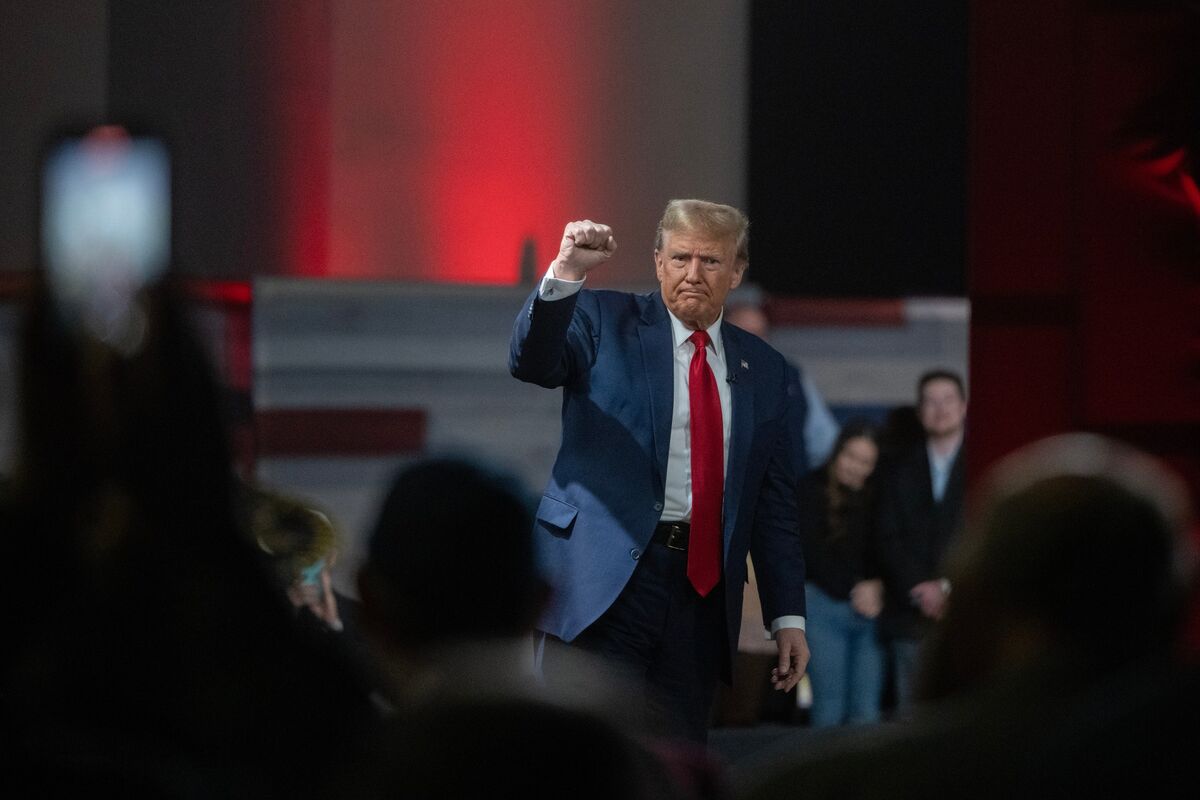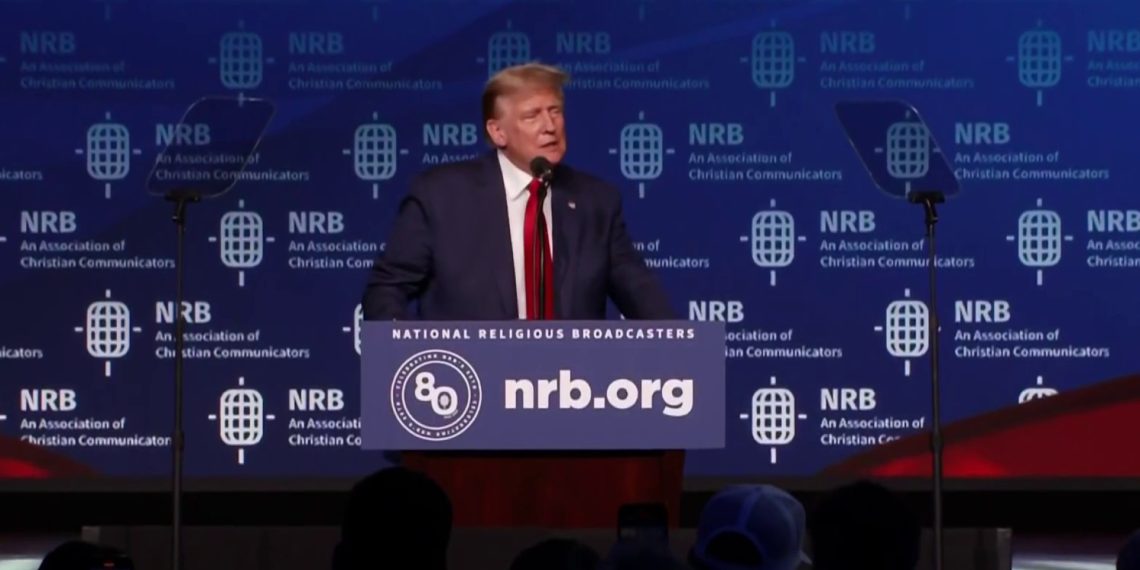RelatedPosts
Former President Donald Trump has weighed in on the recent Alabama Supreme Court ruling regarding in vitro fertilization (IVF) access, calling for swift legislative action to preserve IVF availability in the state.
The ruling categorized frozen embryos as children under state law, raising concerns about the consequences of IVF procedures.
Trump’s remarks align him with a growing number of Republicans who are distancing themselves from the Alabama court’s decision. Despite his support for IVF, Trump’s stance reflects the evolving landscape of reproductive rights following the overturning of Roe v. Wade, a pivotal issue in the upcoming elections.
Nikki Haley, a GOP primary rival, and the Senate GOP’s campaign arm have also expressed disagreement with the ruling and emphasized the importance of protecting IVF access.
The Alabama Attorney General, a Republican, has stated no intention of using the ruling to prosecute IVF families or providers, with bipartisan efforts underway in the state legislature to draft legislation safeguarding IVF treatments.
However, Democrats, led by President Joe Biden, have seized on the Alabama ruling to criticize Republican positions on reproductive rights. They link the decision to the broader context of the Supreme Court’s elimination of federal abortion protections and Trump’s judicial appointments.

Ohio Senator Sherrod Brown condemned the ruling, emphasizing women’s right to access fertility treatments like IVF. Vulnerable Republican incumbents and swing-state candidates are also preemptively addressing Democratic criticisms by affirming their support for IVF access.
The Alabama ruling underscores the intensifying abortion debate in American politics post-Roe. With the issue now in the hands of individual states, Republicans face pressure to navigate the nuances of reproductive rights in their campaigns, as both parties recognize the significant electoral implications of this contentious issue.





